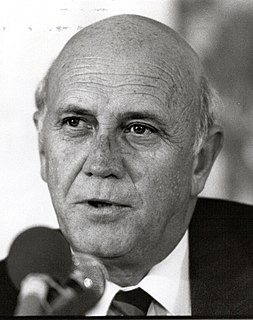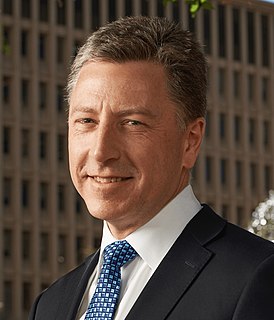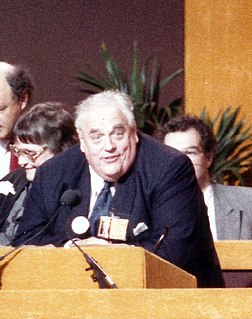A Quote by Oscar Wilde
Reforms in Russia are very tragic, but they always end in a farce.
Related Quotes
From the time I entered cabinet, the emphasis was on reforms, but reforms which did not abolish separate development, but reforms which were aimed at changing the very, very dehumanising aspects. Giving greater freedom of movement, giving private property ownership within so-called white South Africa also to blacks. Abolishing the concept of job reservation on the basis of race and colour. Allowing free organisation for trade unions, also black trade unions.
The myriad-minded man, our, and all men's, Shakespeare, has in this piece presented us with a legitimate farce in exactest consonance with the philosophical principles and character of farce, as distinguished from comedy and from entertainments. A proper farce is mainly distinguished from comedy by the licence allowed, and even required, in the fable, in order to produce strange and laughable situations. The story need not be probable, it is enough that it is possible.
If melodrama is the quintessence of drama, farce is the quintessence of theatre. Melodrama is written. A moving image of the worldis provided by a writer. Farce is acted. The writer's contribution seems not only absorbed but translated.... One cannot imagine melodrama being improvised. The improvised drama was pre-eminently farce.
One journalist said that everybody in Russia is miserable. Russia is a terrible place. And I'm going to end up miserable and I'm going to be a drunk and I'm never going to do anything. I don't drink. I've never been drunk in my life. And they talk about Russia like it's the worst place on earth. Russia's great.






































